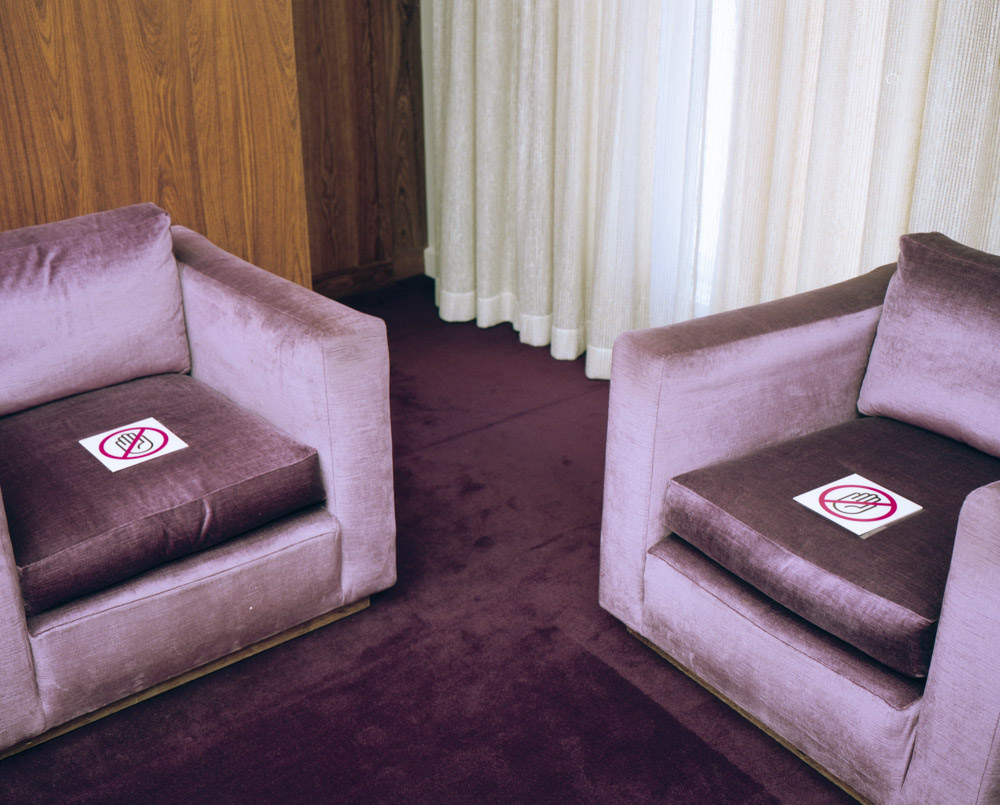
Death Café
Death Café began in 2011, in a living room in Hackney. Since then over 800 Death Cafés have cropped up worldwide. ‘At a Death Café people, often strangers, gather to eat cake, drink tea and discuss death,’ their website declares.
A waitress led the way to a dingy upper room at Bill’s Café in West London, greeting me with: ‘‘Oh, you’re one of them.’’ My fellow coffee-daters ranged from a handful of wrinkled geriatrics to a black polo-necked twentysomething, who looked like he would fit in comfortably at a funeral procession.
The leader of the session was Suzanne, an ‘Energy and Consciousness Explorer’. She told us that our mortality was usually seen as a taboo subject and that the café provided an open space to vocalise feelings and stories about our experiences of death. At my table sat a dread-locked Columbian woman and the polo-necked man. The Columbian woman had recently lost two friends from back home and came because she felt she needed to find somewhere and someone in London to talk to about what happened.
Alongside reading Borges’ ‘The Immortal’, the Death Café had changed her view on the afterlife: from a mixture of Borges’ philosophy and cups of coffee at the Café, she had developed a personal theory of death based on ‘destratification’. She believed that this mechanical process, of mixing in the air to eradicate stratified layers, was also the process the soul undergoes after death.
Polo-neck shared similar beliefs about the importance of cycles and the body rejoining with nature after death. As an artist, this led him to an ambitious project to create an underwater cemetery. He believed that decomposition in water was a more ecologically friendly process than burial. Happily, his preliminary experiments with pigs’ trotters in water had been very successful. To polo-neck then death was not a frightening end but a freeing of the body – he himself hopes to be buried in his underwater cemetery.
The eulogy writing proved to be the most poignant part of the evening. An elderly woman worried that right now she had no real legacy to leave behind, saying, “I hope to be more interesting by the time I die.” She wanted her grandchildren to remember her as someone who had actually done something in her life, which was why she was spending her retirement attempting to travel to as many places in the world as possible.
The oldest woman there told me that she came because ‘‘at the moment I think I’m existing, not living.’’ The oldest man told me that “it’s simple really: at my age, I’ve just experienced so much death.”
The ever-multiplying Death Cafés are not for narcissistic existentialists to discuss their own ephemerality. They are for total strangers to come together and openly declare that death both scares and fascinates them – all over a cup of tea.







